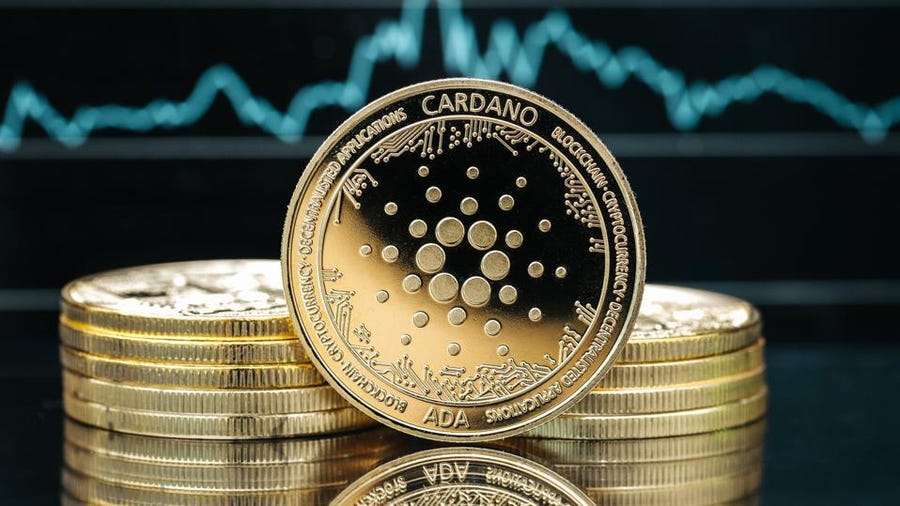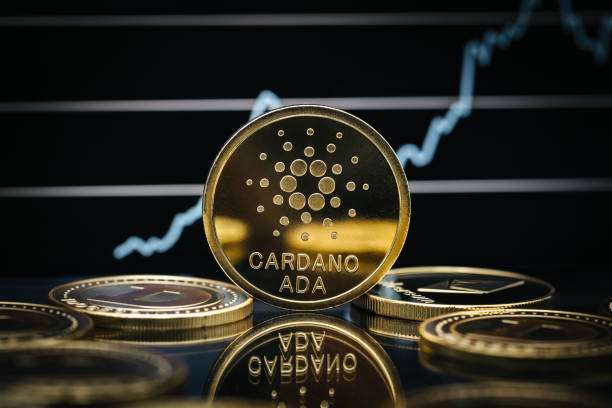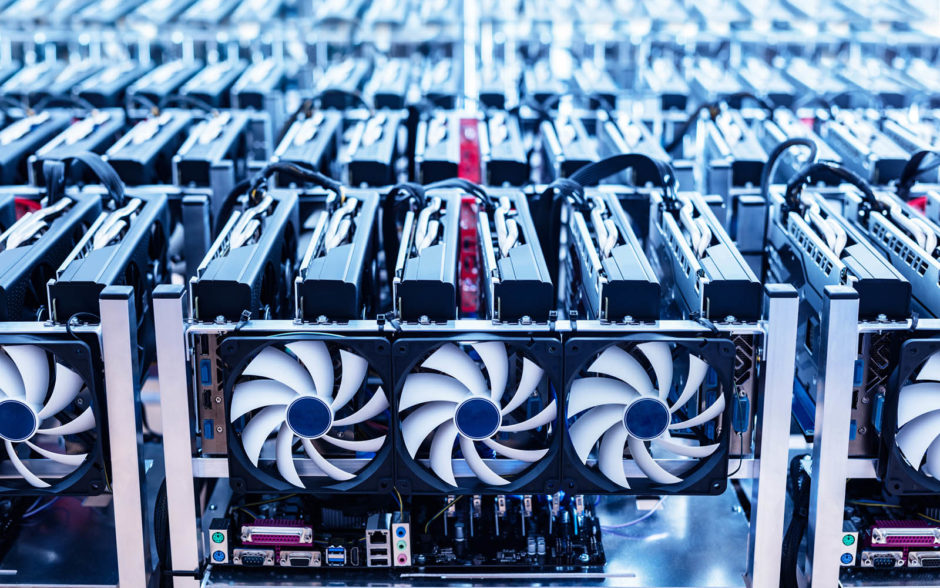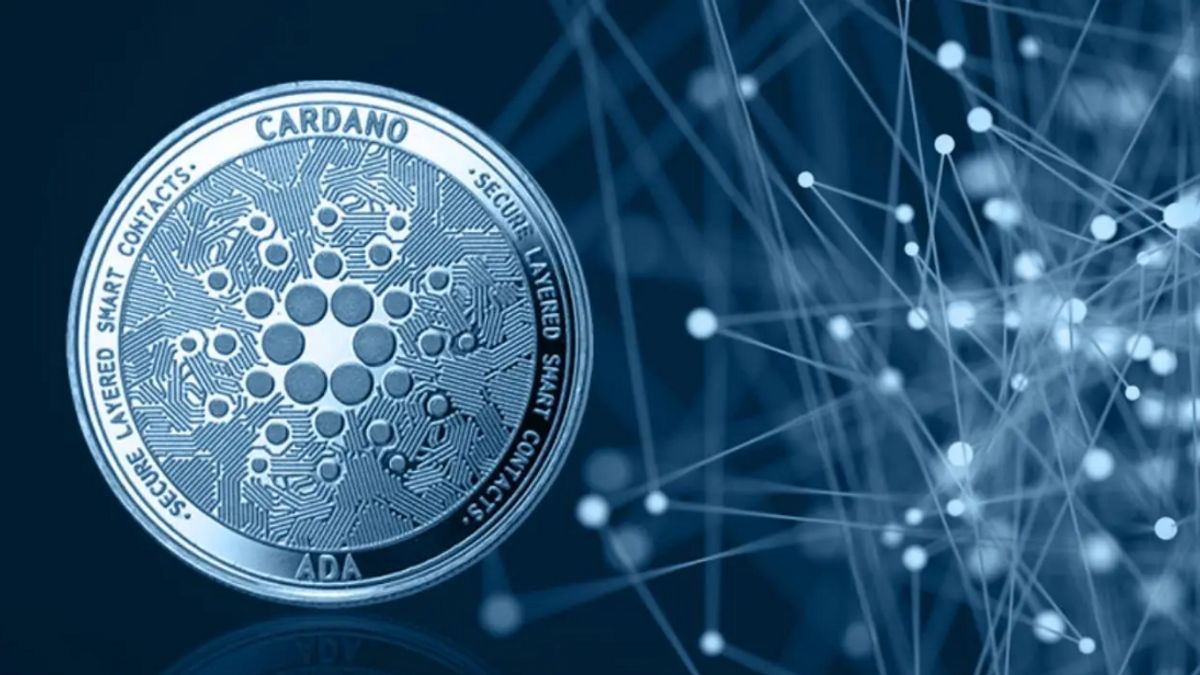Decentralized Exchanges (DEXs) have emerged as a revolutionary concept in the world of cryptocurrencies. Unlike traditional centralized exchanges, DEXs operate on blockchain technology and enable peer-to-peer transactions without the need for intermediaries. In this article, we will explore what DEXs are, how they work, and why they are gaining popularity among cryptocurrency enthusiasts.
What are Decentralized Exchanges?
Decentralized exchanges, often referred to as DEXs, are platforms that facilitate the trading of cryptocurrencies directly between users, eliminating the need for a central authority to control the transactions. Instead, DEXs operate on a decentralized network, typically built on a blockchain, where users can connect their digital wallets to trade assets directly with one another.
How Do Decentralized Exchanges Work?
- Peer-to-Peer Trading: DEXs allow users to trade cryptocurrencies directly with each other, peer-to-peer. When a user wants to make a trade, the DEX matches them with another user who is willing to trade the opposite asset. This eliminates the need for a centralized order book.
- Smart Contracts: Smart contracts play a vital role in DEXs. These self-executing contracts automatically execute trades once predefined conditions are met. Smart contracts ensure that transactions occur securely and transparently without the need for intermediaries.
- Liquidity Pools: To facilitate trading, DEXs often utilize liquidity pools. Users can deposit their cryptocurrencies into these pools, providing liquidity for trading pairs. In return, users earn rewards or fees for their participation in the pool. Liquidity pools help maintain trading activity and reduce slippage.
What are the Advantages of Decentralized Exchanges?
- Security: Since DEXs operate on blockchain technology, users have full control of their funds and private keys. This significantly reduces the risk of hacking or theft associated with centralized exchanges, where users must trust a third party to hold their assets.
- Privacy: DEXs prioritize user privacy by allowing traders to retain anonymity. Transactions occur directly between users, eliminating the need to provide personal information to a centralized authority.
- Censorship Resistance: DEXs promote financial freedom by operating on decentralized networks. Transactions cannot be easily blocked or censored by any governing body, making DEXs more resistant to censorship than centralized exchanges.
- Global Access: DEXs enable users from all around the world to trade cryptocurrencies without geographical restrictions. As long as users have an internet connection, they can participate in DEXs, providing equal opportunities for individuals regardless of their location.
What are the Challenges and Risks of Decentralized Exchanges?
- User Experience: Some DEXs may have a steeper learning curve and less user-friendly interfaces compared to centralized exchanges. However, efforts are being made to improve the user experience and make DEXs more accessible to a wider audience.
- Price Volatility: Due to the lack of centralized order books, DEXs might experience higher price volatility, especially for low liquidity trading pairs. Traders should exercise caution and be mindful of potential price slippage when using DEXs.
- Regulatory Uncertainty: The regulatory landscape surrounding cryptocurrencies and DEXs is still evolving in many jurisdictions. Users should stay informed about the legal implications and potential regulatory changes in their respective regions.
Conclusion:
Decentralized Exchanges (DEXs) have emerged as a disruptive force in the world of cryptocurrency trading. By leveraging blockchain technology, DEXs offer security, privacy, and global accessibility. While they still face challenges and regulatory uncertainties, DEXs represent the future of peer-to-peer trading, providing users with the ability to control their assets and participate in the decentralized economy. As the cryptocurrency ecosystem continues to evolve, DEXs are poised to play a crucial role in shaping the landscape of digital finance.














